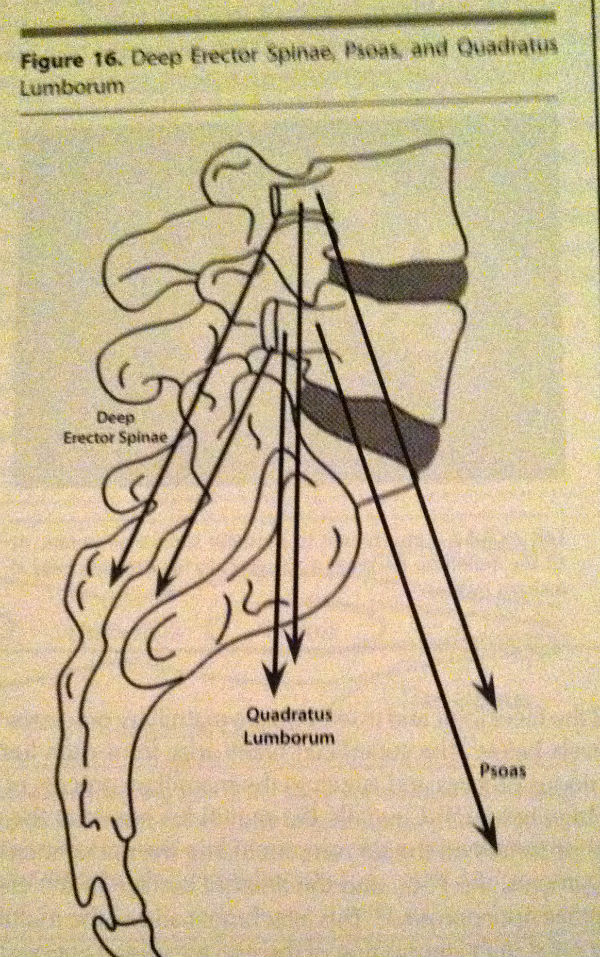What is the “Core”?
Written by: Michelle Millner, PT, DPT, OCS
 Did you like to play with blocks when you were a kid? Do you remember how they needed to be balanced just right when you built a tower otherwise it would all come crashing down? Human vertebrae are kind of like those blocks. They are stacked very precisely on top of each other, with gravity helping to keep us balanced and upright. But what if we want to move? Thankfully, we have additional mechanisms that not only keep our spines stacked but also allow us to move, push, pull and turn without our spines collapsing. This system of mechanisms is the “core”.
Did you like to play with blocks when you were a kid? Do you remember how they needed to be balanced just right when you built a tower otherwise it would all come crashing down? Human vertebrae are kind of like those blocks. They are stacked very precisely on top of each other, with gravity helping to keep us balanced and upright. But what if we want to move? Thankfully, we have additional mechanisms that not only keep our spines stacked but also allow us to move, push, pull and turn without our spines collapsing. This system of mechanisms is the “core”.
The core is essentially nature’s amazing 360 degree guy pulley system. It consists of layers of muscles starting with small, deep muscles to larger, more superficial muscles. For each
muscle exerting a force on the spine, there is another one counteracting that force. If we look at the attached picture as an example, you can can see the pull from the deep erector spinae counteracts the pull from the psoas, a commonly tight muscle in lower crossed syndrome. The results of this amazing pulley system is a very stable but mobile stack of vertebrae that serve as base for our limbs to move.
When there is an imbalance in these opposing forces, such as a tight hip flexor combined with weak abs in lower crossed syndrome, the spine won’t be stacked the way it is meant to be and we could end up with injuries or pain. If there is an injury to the back, your body may reflexively “turn off” the deepest layer making stable movement difficult and even more painful. This can lead to further decreased function in the core muscles. It’s well documented that people with back pain have difficulty activating the core. Its also documented stabilization training can help some types of back pain. If you are struggling with back pain, contact is for a consultation. Remember a strong, balanced core is a strong, balanced, happy back.
If you would like more information, please call Professional Physical Therapy and Training at 973-270-7417. Our offices our located within the YMCA locations in Madison and Summit, NJ. You do not need to be a member of the YMCA to visit with us.
